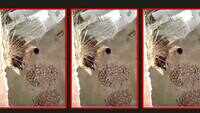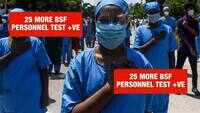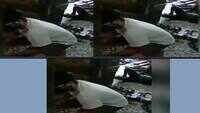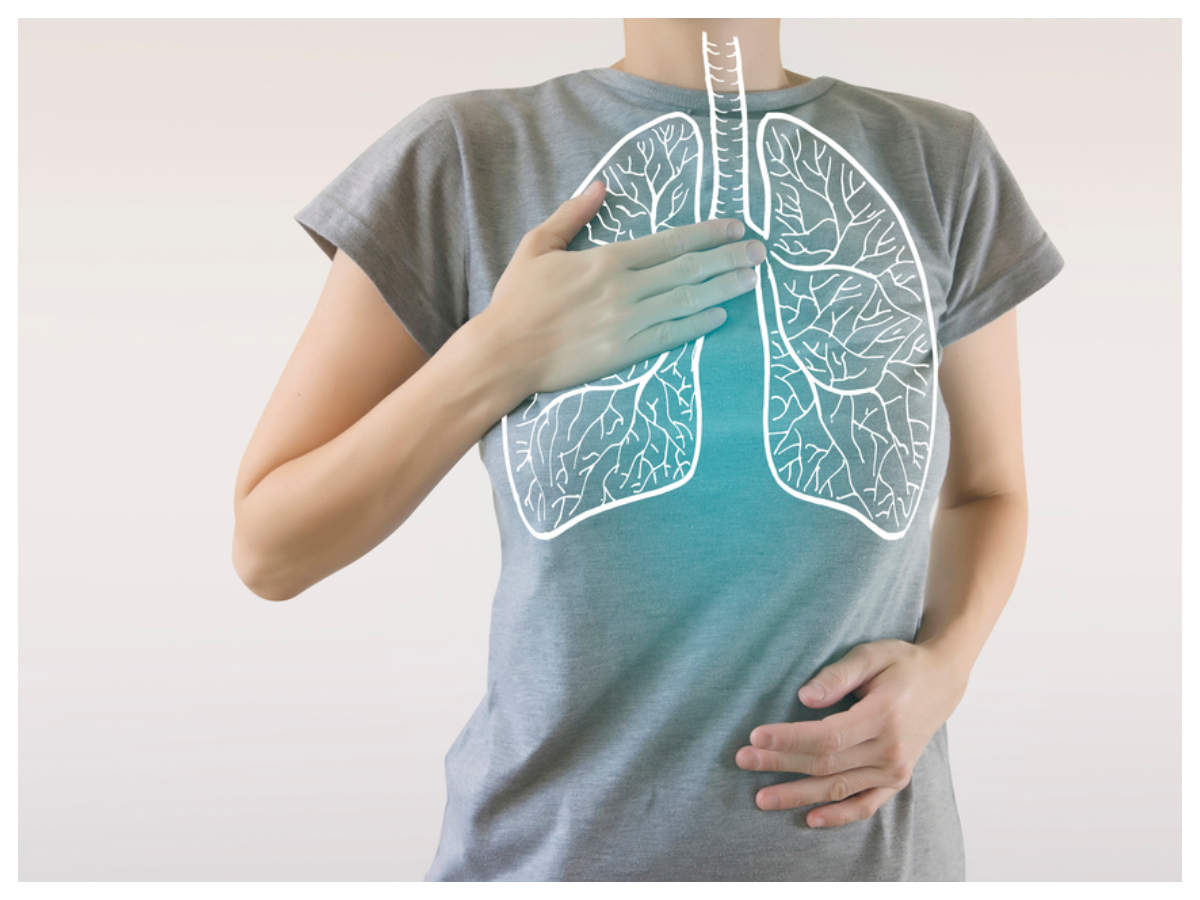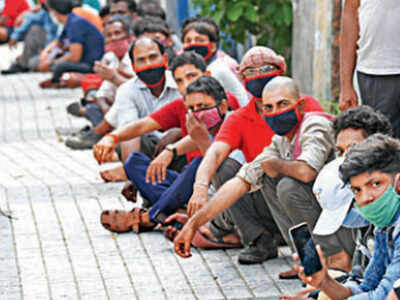
THIRUVANANTHAPURAM: Faced with the task of screening and monitoring thousands at every entry point post lockdown, the state health department has charted out a massive action plan, complete with temporary isolation facilities, thousands of ambulances, over 4,000 ICU beds and 2,000 ventilators and teams of doctors and paramedical staff at railway stations, airports and state borders.
“It will not be as easy as screening passengers at airports. We will have to take care of railway stations, as also land borders once the lockdown is lifted and we need to be more cautious… We have already handled over 2.5 lakh people. We will handle the expected increased inflow post the lockdown as well,’’ said Rajan N Khobragade, principal secretary (health).
A team of 40 doctors (10 each over four shifts a day), junior health inspectors and nurses (72/day) and trained volunteers (160/day) will be deployed at each of the six entry points for those arriving by road.
There will be two screening desks, one registration helpdesk, a guiding station and a truck screening station at each point.
The Army will support the health department in setting up the temporary isolation facilities. Those with symptoms of the infection will be sent to nearby Covid centres. The facilities have been planned for 5,000 vehicles/day at each entry point.
All major railway stations will also have designated isolation rooms. There will be 32 doctors (eight each in four shifts a day) on duty in each station. As many as 100 volunteers will also be deployed in border railway stations to screen passengers using thermal scanners.
Unlike the state borders and railway stations, medical teams deployed at airports will be in full protective gear. As many as 24 doctors will be deployed per day in all airports in four shifts to screen passengers, apart from junior health inspectors, nurses and trained volunteers. Each airport will be equipped with facilities to screen 2,000 passengers a day.
The health department has also kept over three lakh beds ready in Covid care centres in addition to 1,398 ICU beds and 112 ventilators in government hospitals and 3,212 beds and 854 ventilators in private hospitals. The department has also ensured adequate stock of RNA extraction and testing kits.
“It will not be as easy as screening passengers at airports. We will have to take care of railway stations, as also land borders once the lockdown is lifted and we need to be more cautious… We have already handled over 2.5 lakh people. We will handle the expected increased inflow post the lockdown as well,’’ said Rajan N Khobragade, principal secretary (health).
A team of 40 doctors (10 each over four shifts a day), junior health inspectors and nurses (72/day) and trained volunteers (160/day) will be deployed at each of the six entry points for those arriving by road.
There will be two screening desks, one registration helpdesk, a guiding station and a truck screening station at each point.
The Army will support the health department in setting up the temporary isolation facilities. Those with symptoms of the infection will be sent to nearby Covid centres. The facilities have been planned for 5,000 vehicles/day at each entry point.
All major railway stations will also have designated isolation rooms. There will be 32 doctors (eight each in four shifts a day) on duty in each station. As many as 100 volunteers will also be deployed in border railway stations to screen passengers using thermal scanners.
Unlike the state borders and railway stations, medical teams deployed at airports will be in full protective gear. As many as 24 doctors will be deployed per day in all airports in four shifts to screen passengers, apart from junior health inspectors, nurses and trained volunteers. Each airport will be equipped with facilities to screen 2,000 passengers a day.
The health department has also kept over three lakh beds ready in Covid care centres in addition to 1,398 ICU beds and 112 ventilators in government hospitals and 3,212 beds and 854 ventilators in private hospitals. The department has also ensured adequate stock of RNA extraction and testing kits.
Quick Links
Kerala Coronavirus Helpline NumberHaryana Coronavirus Helpline NumberUP Coronavirus Helpline NumberBareilly NewsBhopal NewsCoronavirus in DelhiCoronavirus in HyderabadCoronavirus in IndiaCoronavirus symptomsCoronavirusRajasthan Coronavirus Helpline NumberAditya ThackerayShiv SenaFire in MumbaiAP Coronavirus Helpline NumberArvind KejriwalJammu Kashmir Coronavirus Helpline NumberSrinagar encounter
Get the app


